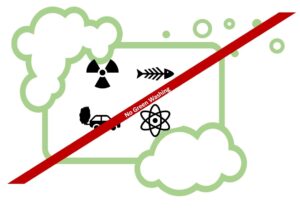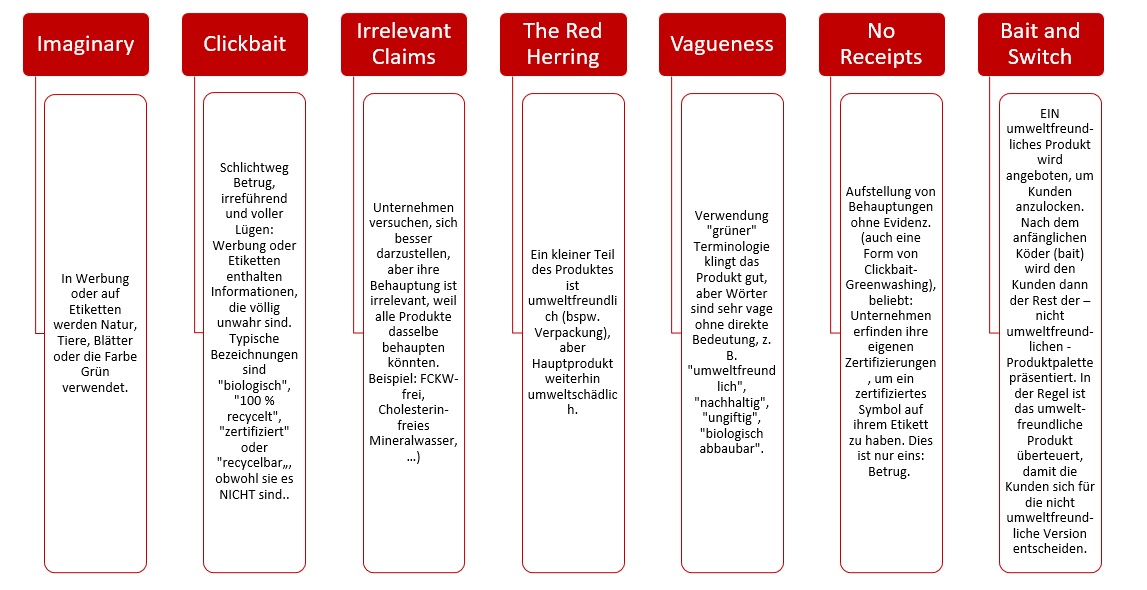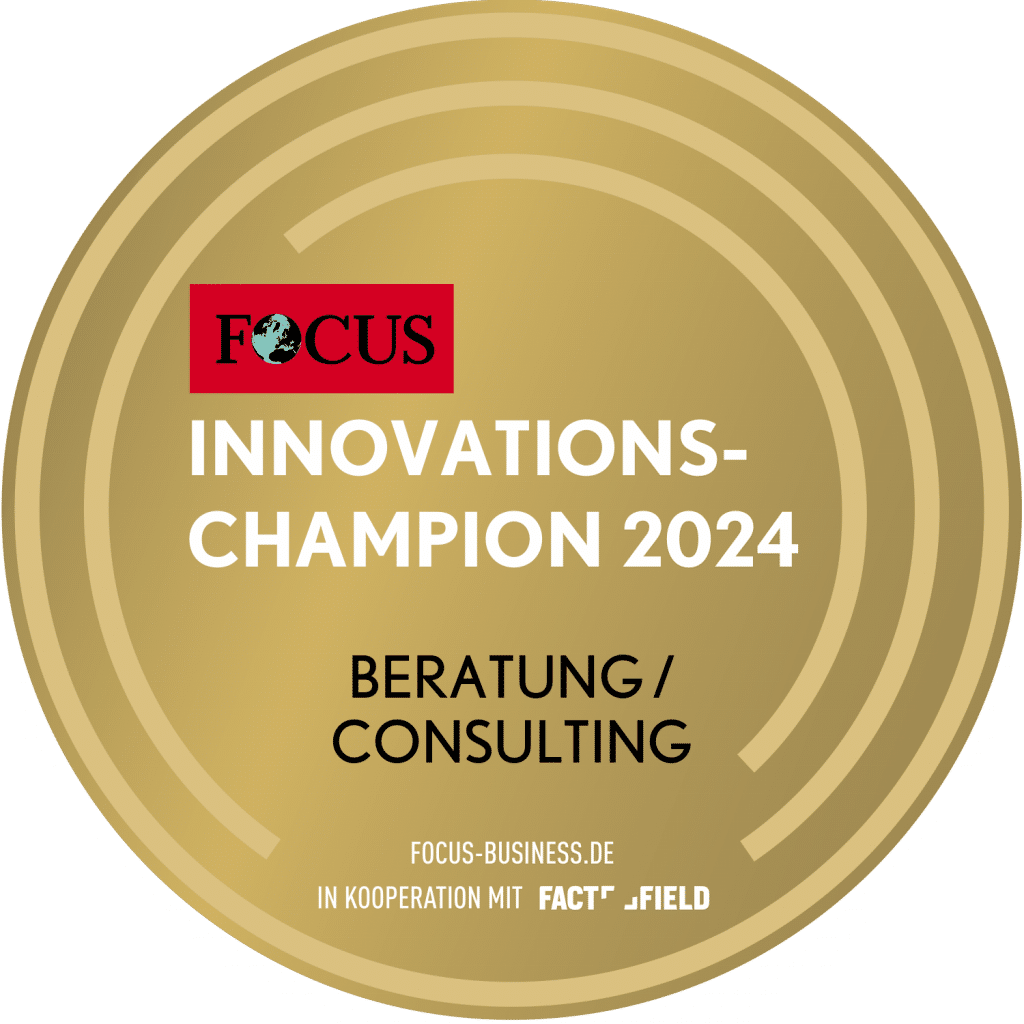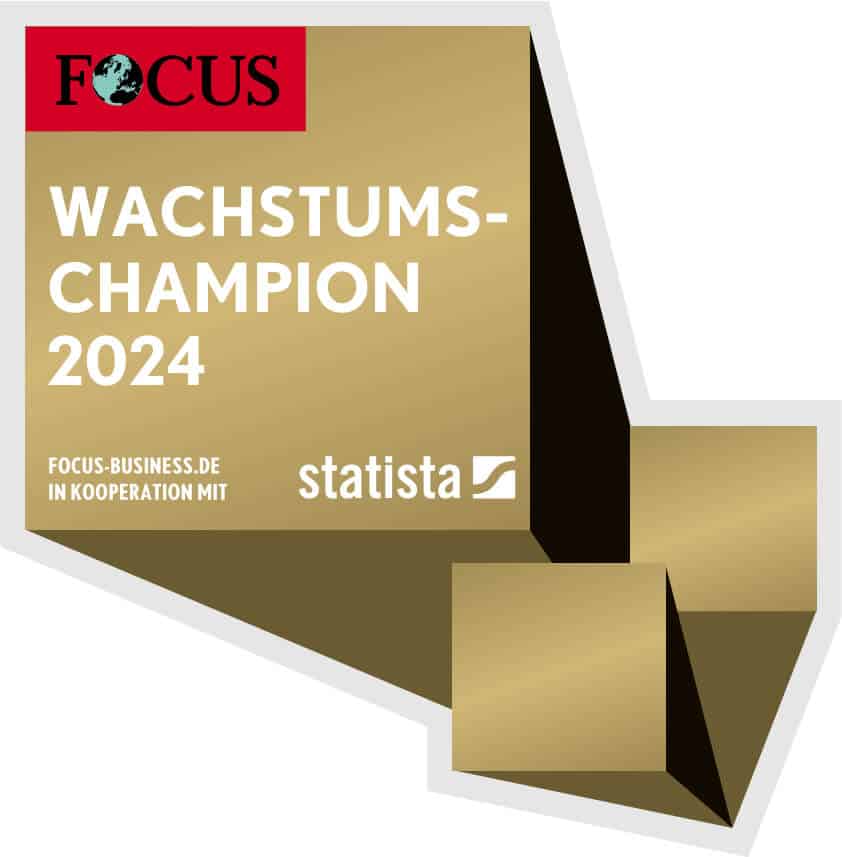Sustainability is a competitive advantage. Companies that operate sustainably not only save resources, they are also more successful on the market. But how do you create an authentically sustainable image? Because customers are critical: if they suspect greenwashing, it backfires. A company with a sustainable label is then perceived as a "fraud". What mistakes should companies avoid at all costs? The DNK training partner and sustainability expert Stefan Vieweg clarifies.
Note from the TCI editorial team: Register now for the TCI online event on the DNK approach and sustainability reporting on 14.06.2022 to 3.30 pm.
Please also read the article Implementing sustainability in companies - why now? by Stefan Vieweg.
All beginnings are difficult
Transparency in sustainability doesn't happen "just like that", it requires both: you have to Actually "wanting" and "being able". If the topic is approached seriously and in a structured manner, considerable potential can be mobilized and improvements realized.
For the benefit of all
Sustainability is a Very multi-layered, complex areaThe "triple bottom line" of economic-ecological-social", which is typically used, poses a variety of problems. In our digital age, it must be supplemented by the fourth dimension of "governance" - i.e. in particular the extent to which digital data diversity is used in an ethically acceptable environment and knowledge is not exploited for the one-sided, short-term profit maximization of a few at the expense of society.
Greenwashing is a no-go

Don't underestimate your customers! Customers are not stupid:The various types of greenwashing very quickly lead to exposure. In your own company's interest, you should consciously keep your distance. Particularly when it comes to customer loyalty What is perceived by the customer is decisive (not necessarily what is actually fact!). This means that the mere appearance of greenwashing can be reputationally damaging, even if you started out sustainably.
Negative example of greenwashing: Bavarian lemonade
In this context, it is worth remembering a lemonade brewer from Lower Franconia who started out in the early 2000s with organic fruit, minimal use of sugar and exclusively environmentally friendly glass bottles, thus setting a new trend and being hyped as a cult drink at the time. However, with a marketing strategy that is not at all sustainable via a fast food giant and selling out to the East Westphalian baking powder kingdom, the conventionally modified recipe can now be found in PET bottles at the filling station instead of being a model of sustainability.
The varieties of greenwashing are extensive, as this illustration shows:

Too many cooks spoil the broth
Cacophony at it's bestThere are currently a large number of initiatives, proposals and complex sets of rules for recording and reporting on sustainability. It can be easy to lose track here, also against the backdrop of increasingly comprehensive legislation on this topic: abbreviations such as ISSB, NGFS, TFCD, VRF & Co. are doing the rounds.
For some initiators, it is hard to suppress the question of whether this is about actual suitability for grandchildren or rather about the not entirely altruistic development of new business opportunities for their initiators in this megatopic. Even with the best intentions to deal with the topic of sustainability, it can be easy to lose your bearings. In the next article, however, I will show a concrete approach using the German Sustainability Code (DNK). Due to its transferability to other, mostly international standards, the consideration of all essential legal requirements and its applicability to companies of any size and industry, a very pragmatic and manageable implementation is possible here.
Register now for the TCI online event "Winning with sustainability - reporting with the German Sustainability Code"
You will receive even more background information and valuable practical tips at the TCI online event "Winning with sustainability - reporting with the German Sustainability Code", which will be held on June 14, 2022 at 3:30 pm takes place.
Register now: https://us06web.zoom.us/webinar/register/WN_G5srfOwzScWPIKHOsX2kLA

DNK training: How can sustainability be implemented in the company?
Stefan Vieweg is a DNK training partner and offers DNK training courses for companies.

- You will receive all information about requirements and Regulations
- You are informed about the Certification process informed
- You will receive important tips for creating your DNK report
- You receive concrete assistance for the Implementing sustainability in your company.
If you have any questions, please contact Stefan Vieweg at DNK@vieweg-beratung.de available.
Register directly for a DNK training course - the next dates are
Here you will find Further dates.
Source cover image: © cristianstorto | Adobe Stock


